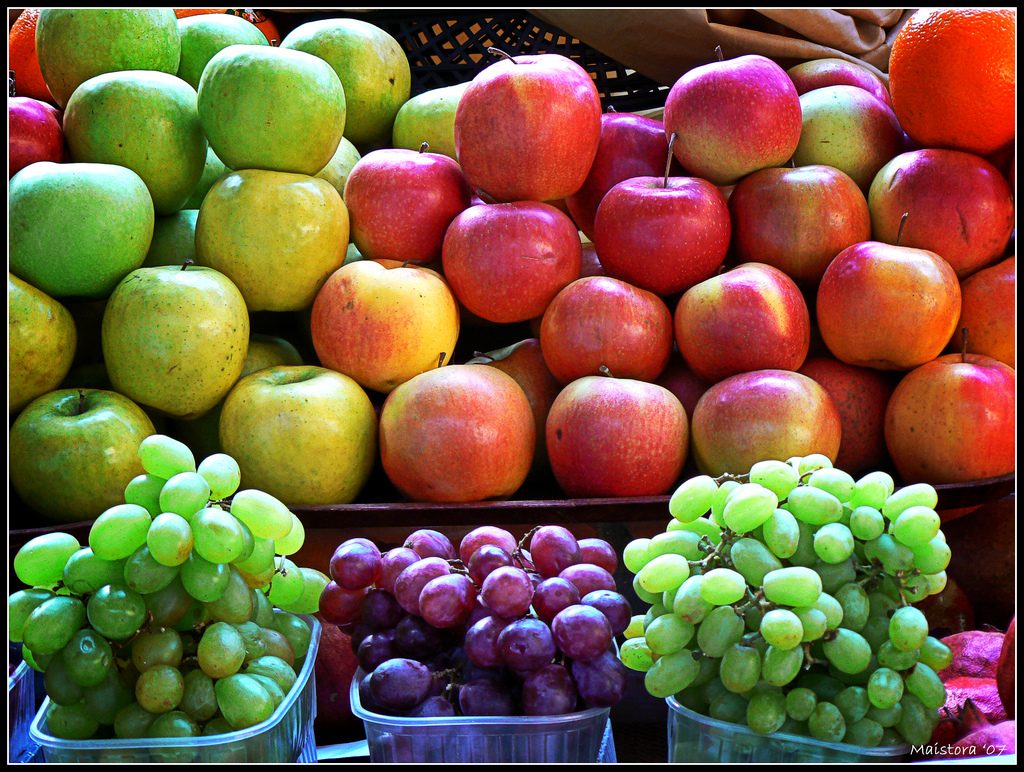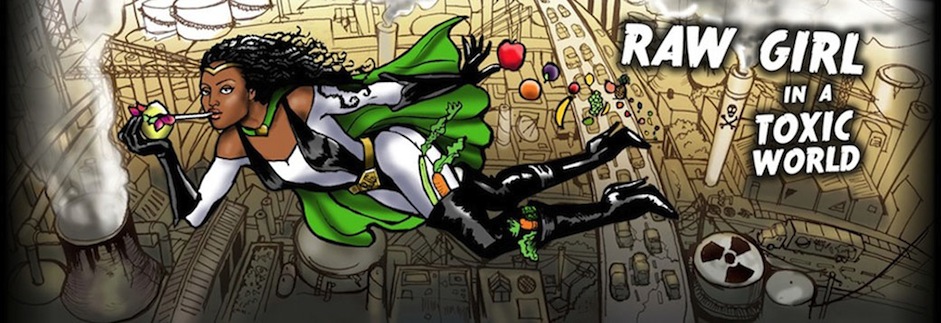 If you are a seasoned veggie lover, you know that all produce is not created equal. As beneficial as it is to consume a plant-based diet, the powers that be and our environment are making it harder and harder to access produce that is not somewhat toxic because of the high amounts of pesticides sprayed during the fertilization process. Luckily there are wonderful organizations out there working hard to keep consumers informed and equipped with information so that we can make conscious choices. A few months ago, The Environmental Working Group (EWG) released its annual guide that lists “The Clean Fifteen” and “The Dirty Dozen.” These lists tell us which fruits and veg have the highest amounts of pesticides and also which are the least likely to contain pesticides. What is generally recommended is that you try to buy the produce listed on the Dirty Dozen list organic, whenever possible. If you are on a budget, you may choose to eat other fruits and veg that are not on the Dirty Dozen in conventional form.
If you are a seasoned veggie lover, you know that all produce is not created equal. As beneficial as it is to consume a plant-based diet, the powers that be and our environment are making it harder and harder to access produce that is not somewhat toxic because of the high amounts of pesticides sprayed during the fertilization process. Luckily there are wonderful organizations out there working hard to keep consumers informed and equipped with information so that we can make conscious choices. A few months ago, The Environmental Working Group (EWG) released its annual guide that lists “The Clean Fifteen” and “The Dirty Dozen.” These lists tell us which fruits and veg have the highest amounts of pesticides and also which are the least likely to contain pesticides. What is generally recommended is that you try to buy the produce listed on the Dirty Dozen list organic, whenever possible. If you are on a budget, you may choose to eat other fruits and veg that are not on the Dirty Dozen in conventional form.
At the end of the day, organic is always your best bet, but if you cannot afford organic produce, consuming conventional fruits and vegetables is better than not getting your greens in at all. Below are the 2013 lists compiled by the EWG. Thankfully, the Environmental Working Group has made it easy for you to download the guide or have these lists readily available to you on the go via an app on your phone. I downloaded the app and it’s really easy to use. Visit the EWG website to sign up and get access to the guide. Although corn is on the clean fifteen list to avoid GMOs you should avoid eating it in conventional form. I know firsthand that it can seem like a full-time job sometimes to make sure you are not eating foods that are toxic, but know that all of the effort you put in to achieve optimal health now will pay dividends later. -XoXo Raw Girl
- Apples
- Celery
- Cherry tomatoes
- Cucumbers
- Grapes
- Hot peppers
- Nectarines (imported)
- Peaches
- Potatoes
- Spinach
- Strawberries
- Sweet bell peppers
Dirty Dozen Plus: Kale/collard greens and Summer squash
- Asparagus
- Avocados
- Cabbage
- Cantaloupe
- Sweet corn
- Eggplant
- Grapefruit
- Kiwi
- Mangoes
- Mushrooms
- Onions
- Papayas
- Pineapples
- Sweet peas (frozen)
- Sweet potatoeshttp://www.cnn.com/video/data/2.0/video/health/2010/05/31/gupta.produce.pesticides.cnn.html





